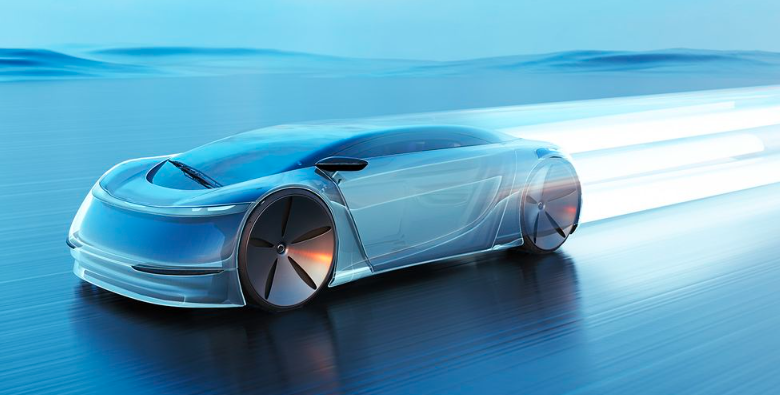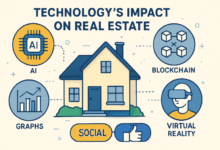Electric Car Revolution: Driving the Future of Sustainable Mobility

In a world increasingly shaped by environmental awareness, technological disruption, and changing consumer behaviors, the electric car is emerging as more than just a trend — it’s a transformative force in the automotive industry. Over the past decade, what started as a niche offering for eco-conscious drivers has evolved into a mainstream mobility solution embraced by automakers, governments, and the public alike.
From zero-emission capabilities to reduced long-term costs, the electric car is steering global transportation toward a cleaner, smarter, and more sustainable path. In this article, we’ll explore the rise of electric vehicles (EVs), the reasons behind their growing popularity, the challenges the industry faces, and the exciting road that lies ahead.
The Rise of the Electric Car: From Concept to Commonplace
The concept of the electric car isn’t new — it actually predates the internal combustion engine (ICE). In the early 1900s, electric vehicles were fairly popular before being overshadowed by gasoline-powered cars. Fast forward to the 21st century, and the electric car is making a powerful comeback, driven by innovation and necessity.
The turning point came when startups like Tesla redefined the EV space with sleek designs, impressive performance, and cutting-edge technology. Legacy manufacturers soon followed suit, investing billions in electric platforms. Today, virtually every major carmaker — from BMW to Hyundai — offers electric variants, signaling a permanent shift in strategy.
See also: How Resource-Efficient Road Construction Can Reduce Carbon Footprints
Why the Electric Car Is Disrupting the Market
There are several compelling reasons why the electric car is now seen as the future of transportation:
🌱 Environmental Benefits
Perhaps the most well-known advantage of the electric car is its environmental friendliness. As the global community combats climate change, transitioning to electric mobility is a powerful move toward lowering carbon footprints and improving air quality.
💡 Technological Advancements
Many are equipped with autonomous driving features, intuitive infotainment systems, wireless updates, and AI-based driver assistance technologies that enhance both safety and comfort.
💰 Cost Efficiency
While the upfront cost of some electric vehicles may be higher, the long-term savings are undeniable. EV owners save on fuel, maintenance, and often enjoy tax incentives, rebates, or exemptions depending on their location.
🔌 Government Policies and Incentives
Governments around the world are incentivizing EV purchases through subsidies, tax credits, and infrastructure development. These initiatives are helping make the electric car more accessible to a wider demographic.
Inside the Electric Car: How It Works
Understanding how an electric car functions sheds light on why it offers a smoother, more efficient driving experience:
- Battery Pack: Stores electricity, typically lithium-ion, and determines range.
- Electric Motor: Replaces the engine; it converts electrical energy into mechanical power.
- Inverter: Manages the flow of electricity between the battery and motor.
- Controller: Regulates the car’s speed and torque.
- Charging System: Enables recharging at home or public stations.
Challenges on the Road Ahead
Despite its momentum, the electric car industry still faces a few significant challenges:
🧭 Range Anxiety
Though modern EVs offer ranges between 250–500 km, many consumers still fear being stranded without a charging station nearby. Continued improvements in battery tech and wider infrastructure coverage are key to overcoming this.
🔋 Battery Lifecycle and Recycling
Batteries degrade over time and pose a recycling challenge. However, second-life applications and sustainable recycling methods are already being developed.
💸 Upfront Costs
Although prices are decreasing, the initial purchase price of some EVs still poses a barrier for mass adoption, especially in developing economies.
🏗️ Manufacturing Footprint
While EVs produce fewer emissions during operation, manufacturing batteries — particularly mining lithium and cobalt — carries environmental and ethical concerns that the industry must address responsibly.
Electric Car Trends That Will Shape the Future
The future of the electric car isn’t just bright — it’s electrifying. Here are some key trends to watch:
🚚 Commercial Electrification
From delivery vans to city buses and long-haul trucks, electric power is becoming the standard for commercial fleets worldwide.
🏙️ Urban Integration
Cities are introducing low-emission zones where only EVs are allowed. Public transport, taxis, and rideshare services are going electric.
🧠 AI-Powered EVs
Electric cars are becoming more intelligent with machine learning algorithms that predict driver behavior, optimize routes, and even self-park.
🌍 Market Expansion
As production costs drop, more affordable electric cars are entering the market. Countries in Southeast Asia, Africa, and Latin America are poised for rapid EV adoption.
The Electric Car and Consumer Mindset
It’s not just technology driving this revolution — it’s people. Today’s consumers care about sustainability, transparency, and innovation. The electric car aligns with these values. Whether it’s a working parent reducing their carbon footprint or a tech-savvy entrepreneur opting for the latest EV model, drivers are redefining what mobility means in the 21st century.
Marketing for EVs is also shifting. Instead of focusing solely on specs, brands are telling stories — about clean air, future generations, and the journey toward a smarter planet.
Conclusion: The Electric Car Is More Than a Vehicle — It’s a Vision
The electric car represents a critical intersection of technology, responsibility, and ambition. As cities grow, climate concerns escalate, and innovation accelerates, the automotive industry must evolve — and it already is.
The road ahead will bring new players, smarter vehicles, and a radically different driving experience. But the destination remains clear: a cleaner, more connected world powered by electric mobility.
Whether you’re a consumer, a policymaker, or an entrepreneur, now is the time to charge forward. The electric car isn’t just the future — it’s the present.







